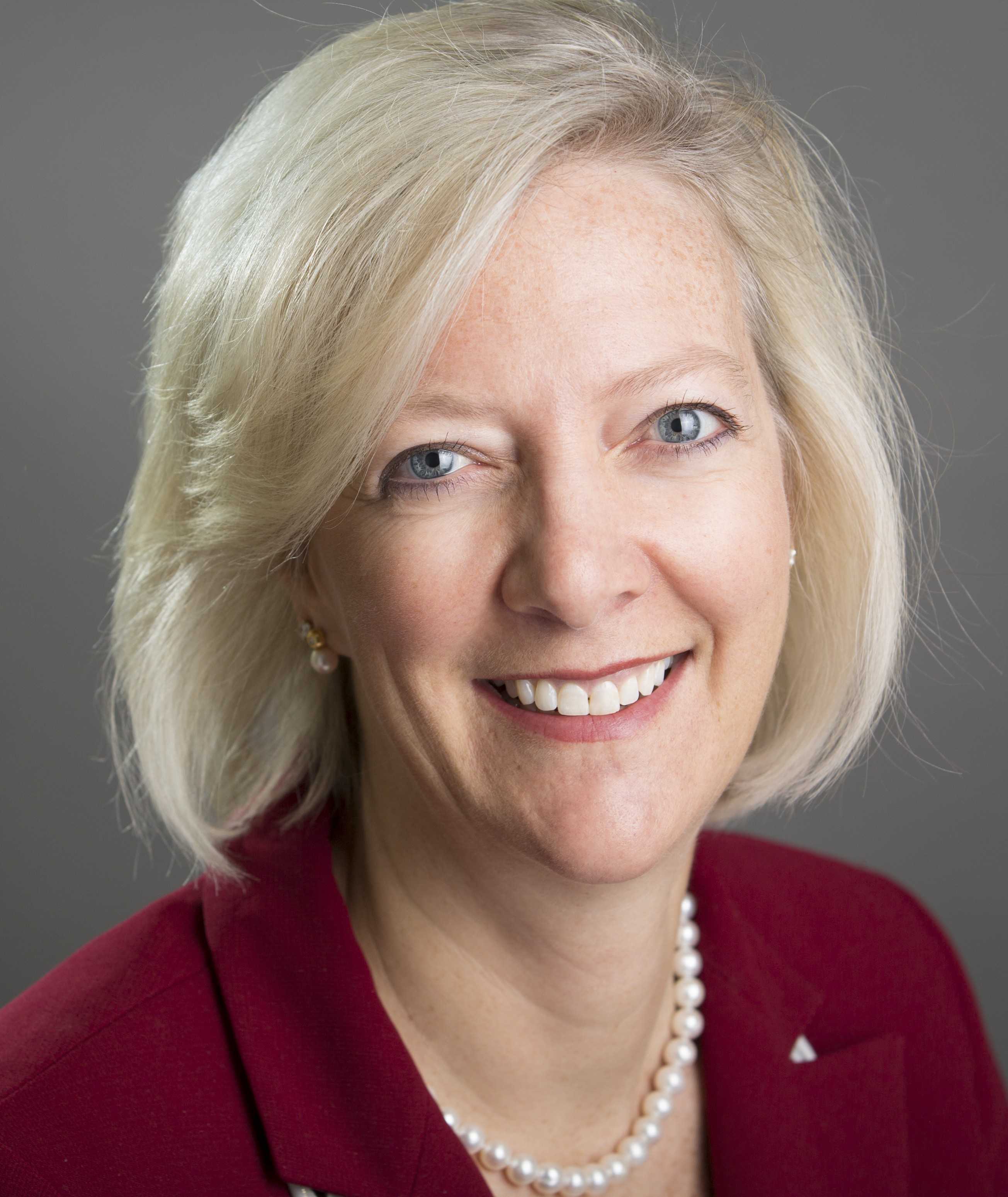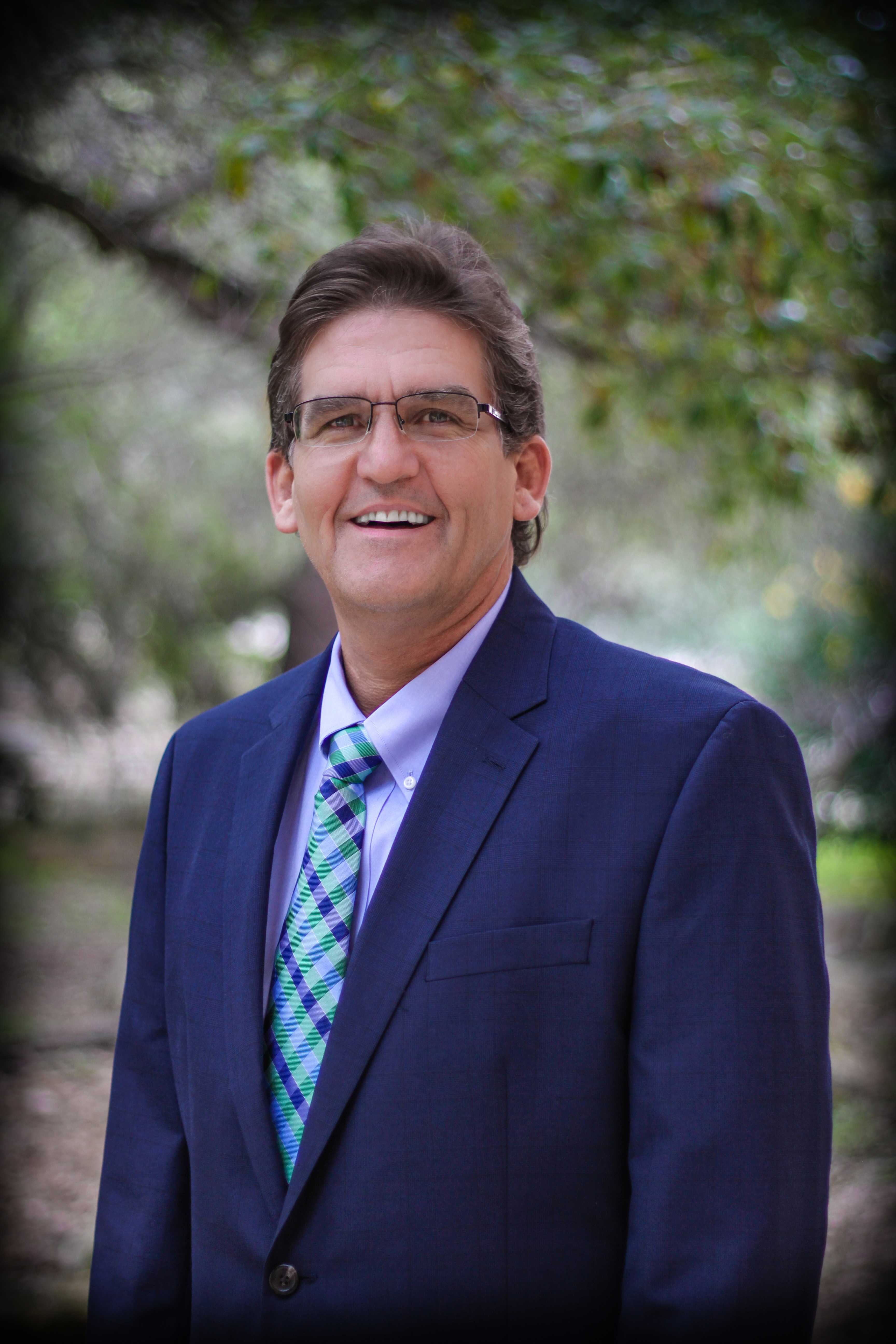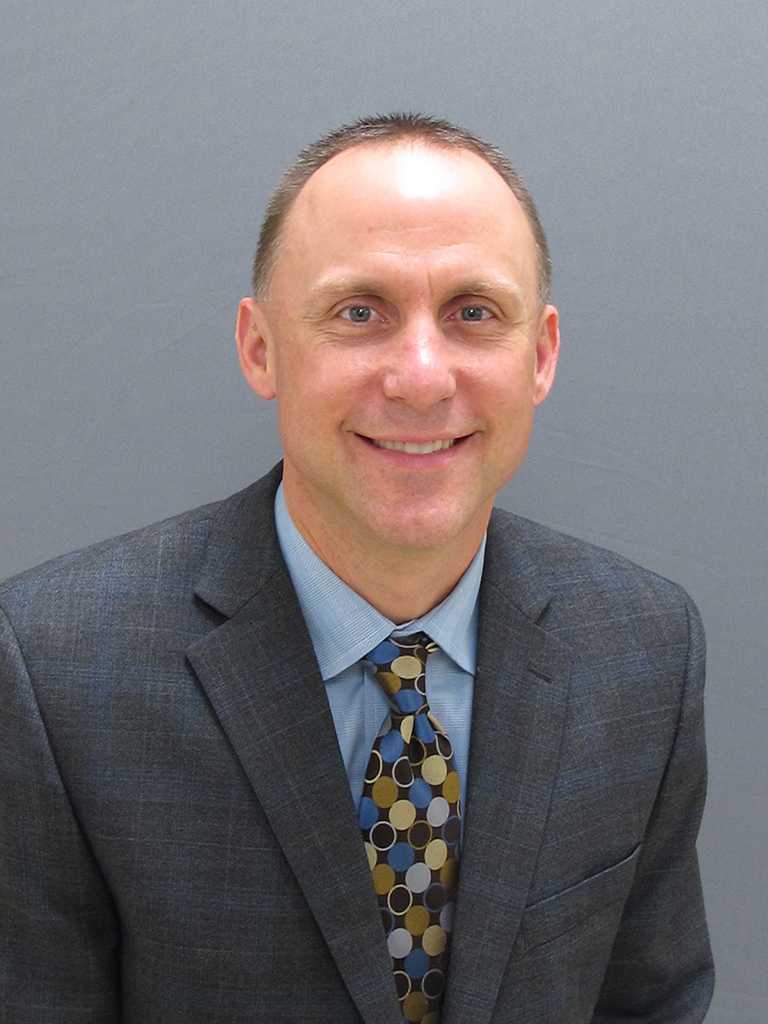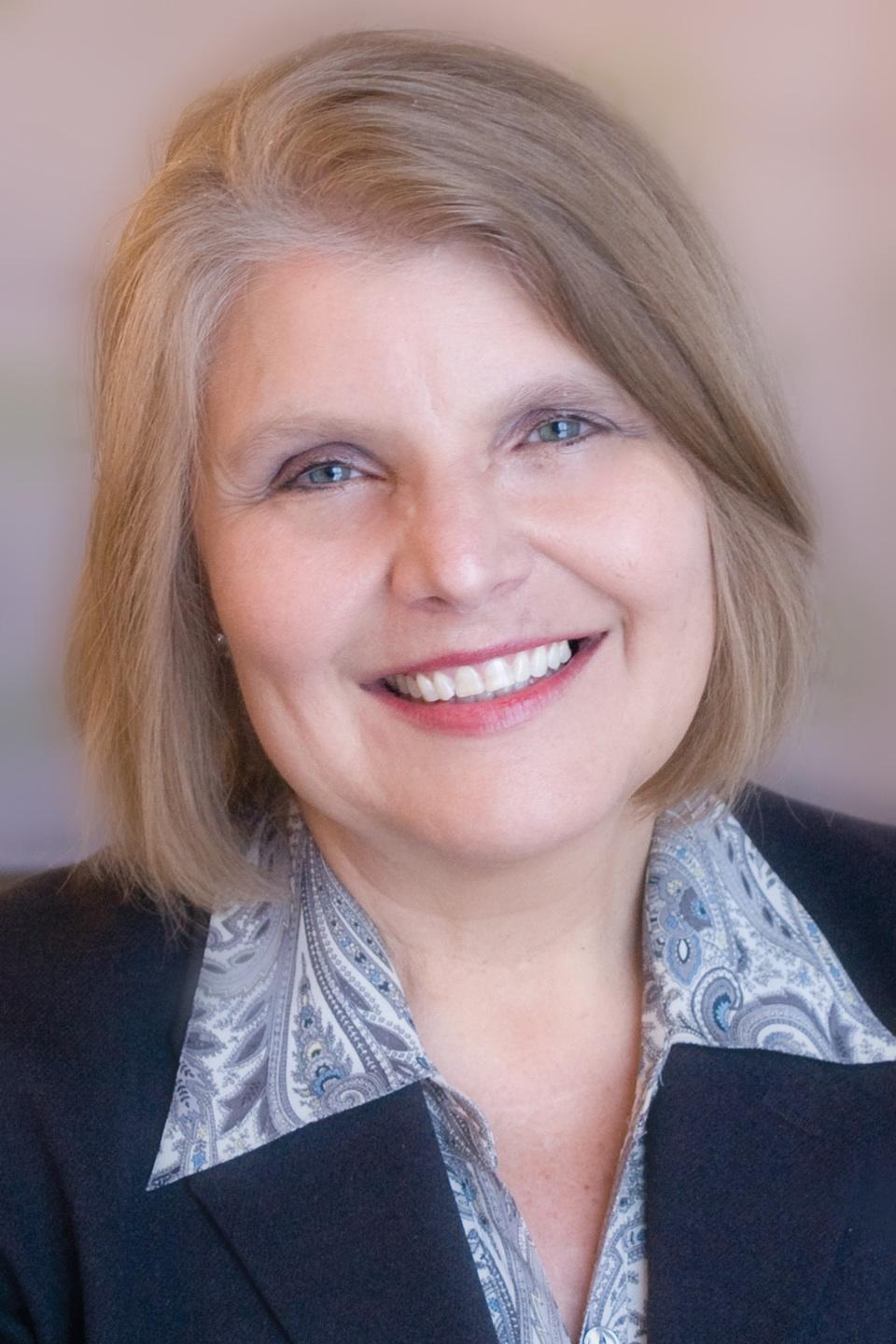After narrowing down the Central Oregon Community College presidential candidate pool, the presidential search committee selected four finalists to enter the last round of interviews. The candidates will be coming to the COCC campus for additional interviews and to meet with students beginning mid-January.
The Broadside asked the finalists,” What would you like students to know about you?” Read below for their responses.

Dr. Leah Bornstein
“I think what students might be interested in is that my whole career has been in higher education. When I started out oh-so-long-ago, I actually started out as a resident advisor in the residence hall and loved working within a college. So, I was the kind of student that was in the student government, I was the student representative for the curriculum committee and I was a resident advisor. I loved the whole college environment. […] I started off my career in student affairs working in career centers and residence life, student activities, then moved into the academic area and was a department chair and a program director, then moved into operations and was a campus CEO for a few years before I moved to the president level. My whole career has been in higher education and I love it. I love what I do. It’s a joy and a pleasure. I love working with learners who are walking in the door from all walks of life, bearing stories, thinking about what they’re going to do with their lives and what the next steps are, and seeing them achieve those goals. It’s very gratifying.”

Dr. Jimmie Bruce
“I believe that all students can succeed. And, obviously, all students start at different levels. Some students come out of high school very prepared, ready to go to college, move in to high level college, or college-ready honors courses, etc. But then there are also students that may not be as prepared for college, but that doesn’t mean they can’t be successful. So, my philosophy has always been that students can find some level of success. Whatever that may be. One of the reasons I love working with community college students is because you have to meet students where they are. Not everybody is at the same place when they come in. […] I would love to work on a campus where students are involved and engaged both in and out of the classroom. [It is important] to have a lot of activities, clubs, organizations, and to look for ways to get students involved in the learning process because I really believe that students can learn just as much outside of the classroom as they do inside the classroom.”

Dr. Tony Miksa
“What I think is most important for students to know is, and this is one of the things I always try to stress, my door is always open. We don’t know what you’re struggling with unless you tell us what you’re struggling with. I try to, as the Vice President of Academic and Student Affairs here at the institution that I’m at, get out there as much as I can, hear what the students have to say, get to know the student trustee […] and really encourage that student trustee to get back to me and tell me the things that they need. […] What I really tried to tell Justin, who is our student trustee, is to get out there, find out what the students have to say and let me know where I can be. For example, I’m going to the student senate to talk to them about what we’re doing at the institution, hold open forums where they can come and talk to me about topics that not only relate to students, but to the institution as a whole, and it’s where they come and interact with me and talk with me. I want to hear what students have to say because the bottom line is that we’re here for the students. Whenever I make decisions, I keep three things in mind: the students, the institution and the employees at the campus. I do that in that fashion because I think the students are very important.”

Dr. Jerrilee Mosier
“I’m a strong advocate for students. I really believe that students go to the heart of why the college is there. Looking at student success and access, those will be my primary goals and objectives: ways we can create access for additional students to participate in the strong programs in Central Oregon and how we can build services and programs that will help students succeed in their chosen occupation or their next step in their educational process.”
Kelli Pangle | The Broadside
Kelli Pangle | The Broadside














